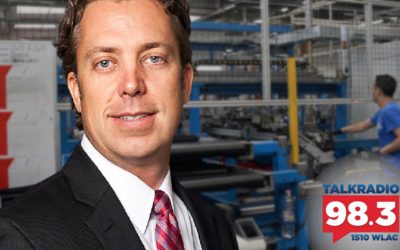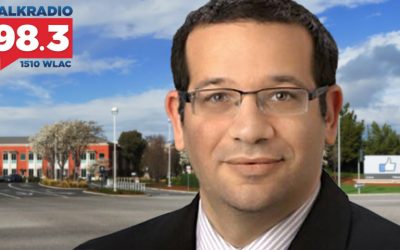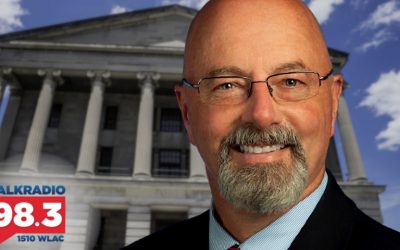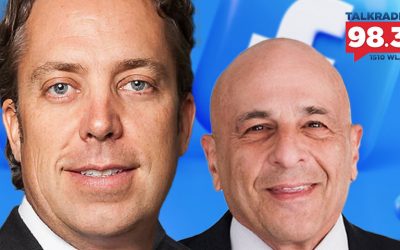Founder and CEO of Your American Flag Store James Staake recounted his censorship battle with Facebook, Shopify, and PayPal, revealing how the tech giants targeted his patriotic business the day after January 6, 2021.
Staake’s business, which started as a side job involving him building wooden American flag pieces featuring patriotic artwork created by his wife, grew from a small local operation in 2018 to a full-time gig once the products were available to purchase online.














